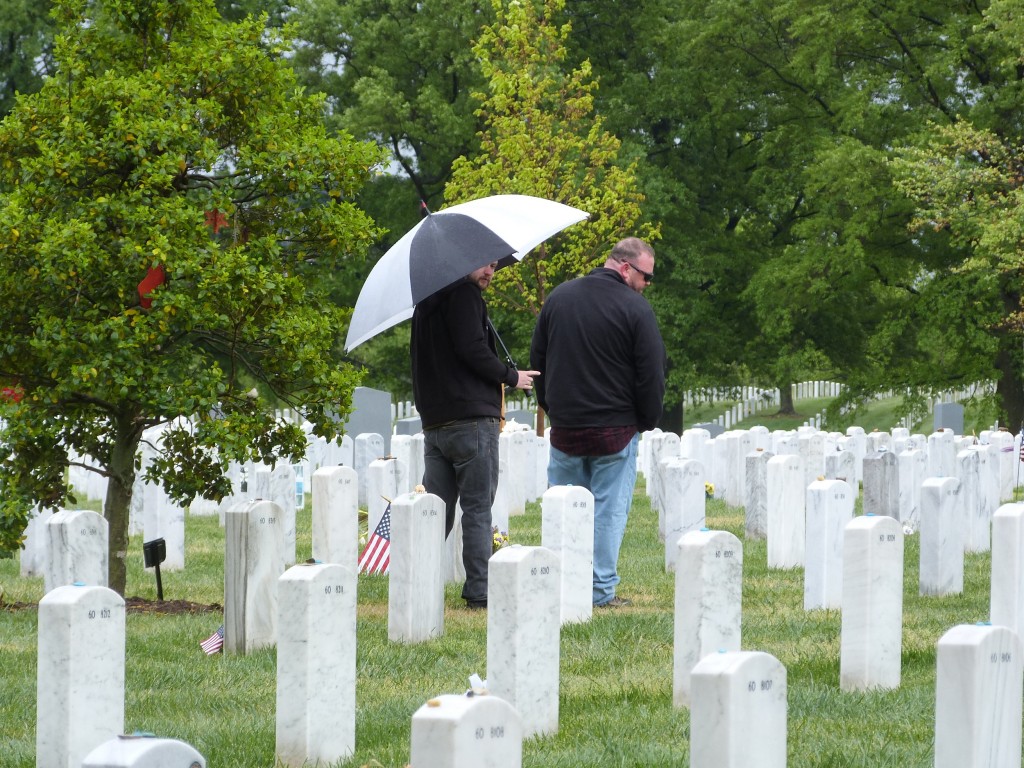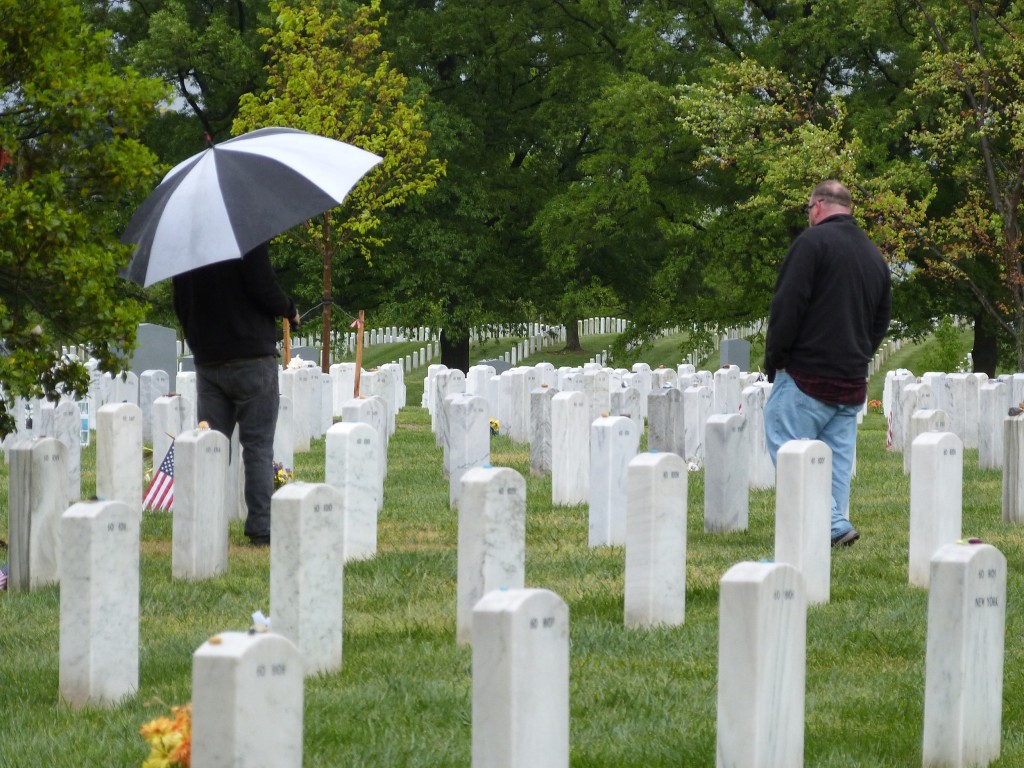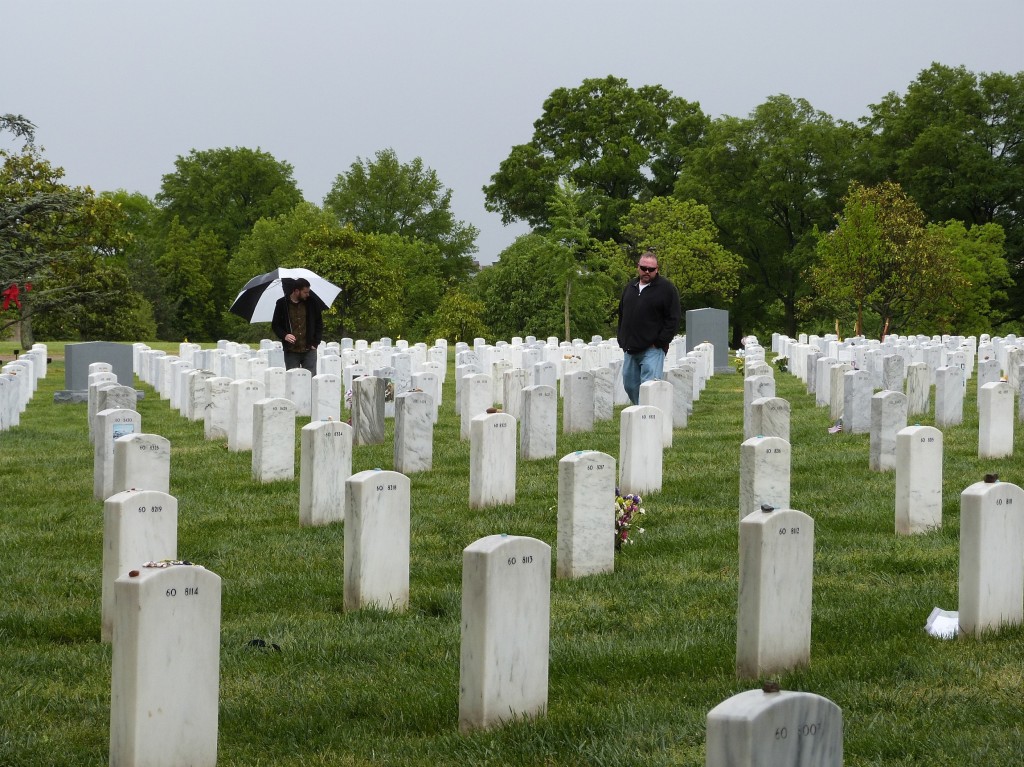Iraq War veteran Michael Anthony discusses the latest VA crisis and what it means for veterans and the United States.
You may have seen the story in your Facebook newsfeed, or read about it in your newspaper, online or off, or heard about it on the news, but wherever you first heard about it, it’s a big deal. Veterans, U.S. Service members, have been dying while waiting for their appointments at the VA. The inciting incident happened at a Phoenix VA where 40 veterans died while waiting for medical care. Sick people die all the time, even veterans, so what the hell then is the big deal? Well, the big deal is that these veterans suffered this fate because employees at the VA were encourages to falsify waiting list documents. The VA had even sent out a memo with tips and tricks on gaming the system and how to “get off the bad boy’s list.”
These were “Isolated incidences,” according to Eric Shinseki, head of the VA. Shinseki went on to say,
“What I want veterans to know … this is a good, quality healthcare system, not perfect, and when we stumble across our imperfections we’re going to do something about it, we get to the bottom of it, and to the best of our abilities assure it never happens again.”
|
“If we’re risking our lives over there, then America needs to let us know, and help remind us, who and what it was that we fought for.”
|
Imagine if tomorrow a commander were leading a mission through the mountains of Afghanistan and he lost forty troops! What do you think it would mean? Well, in modern warfare, the loss of forty American troops in one mission, is huge! Most likely a loss that large, this late in the game, would mean that someone screwed up … big time. The commander would be investigated, it would be front page of the newspaper, congress would get involved, etc. And that’s in WAR where there’s an actual enemy trying to kill you. These veterans died at HOME where they’re supposed to be safe and be helped. Who then is the enemy? Shinseki? No, only through negligence. Then Who? Well, that’s less clear, and less defined, but ultimately, the enemy is us.
The problem with the VA, and which often accompanies mistakes this large, is lack of a clear mission. Congress gives the order “Get the waitlists down,” so Shinseki gets the waitlists numbers down. But he does so in a shady manner. That is lack of a clear mission. The goal isn’t to get waitlists down, it’s to serve veterans. A directive needs to be clearer than that, and that is where I believe the problem lies. In order to fix the VA we need a clear idea on exactly what needs to be fixed, and then we need a clear directive and mission to accomplish. A mission that cannot be accomplished with the mere fudging of numbers, but a mission that takes blood sweat and tears to accomplish. Because that’s what veterans give on the battlefield, and it’s the type of ethos they deserve back home.
|
“Well shit is broken, and we bought it, and it’s time to fix it!”
|
It is instances like this, which, in my opinion, lead to such high instances of PTSD in veterans. When a veteran joins the military and goes off and fights a war he’s basically making a transaction: “I’m willing to risk my life for my country. For my brothers and sisters and the ideals we all hold dear.” But here’s the problem. A deal like this is a two-way-street. If we’re risking our lives over there, then America needs to let us know, and help remind us, who and what it was that we fought for. Because instances like this, make it harder to see what the hell it was we were fighting for, and make it harder to deal with the shit we’ve seen.
A close friend of mine had to wait sixteen months before becoming approved for his VA disability. During those sixteen months he had to take out loans and increase his credit card debt in order just to pay off his private medical bills. One incident is too many. I remember a story of a military commander who worked as a safety commander in the army and his job was to decrease on-the-job accidents. At one point, the new base he was assigned got a 98% safety rating. It was the highest safety rating any base had ever gotten in the military. The day after the celebration the commander walked in and saw all the soldiers under his command celebrating. Seeing this he got angry and asked his soldiers: “What the hell are you celebrating?” “We got a 98% safety rating,” they exclaimed, “it’s the highest anyone’s ever gotten in the military.” To which the commander responded: “Wipe the smiles off your face and get back to work. That means 2% of our soldiers are still in danger.” Now that, is what being a commander is about.
Shinseki called the death of 40 veterans “Not perfect.” He called the death of 40 veterans under his watch, “Not perfect.” And they died because he taught his people how to “game the system.” It’s less than “not perfect.” It’s a fucking travesty.
What then is the answer? Well, Navy SEAL Marcus Luttrell says that veterans should be given a universal healthcare card “No questions asked.” And what would this mean for universal government run healthcare?
This has nothing to do with the politics of war, Iraq is over, Afghanistan is almost done, and the troops are coming home. The debate is done, the warhawks had their war, and now the peaceniks will, hopefully, get their peace, but that doesn’t change the facts of the situation. As the first President Bush said after withdrawing troops after the Persian Gulf War: “You break it, you bought it.” Well shit is broken, and we bought it, and it’s time to fix it!
–Photo: Chuck Hagel/Flickr















